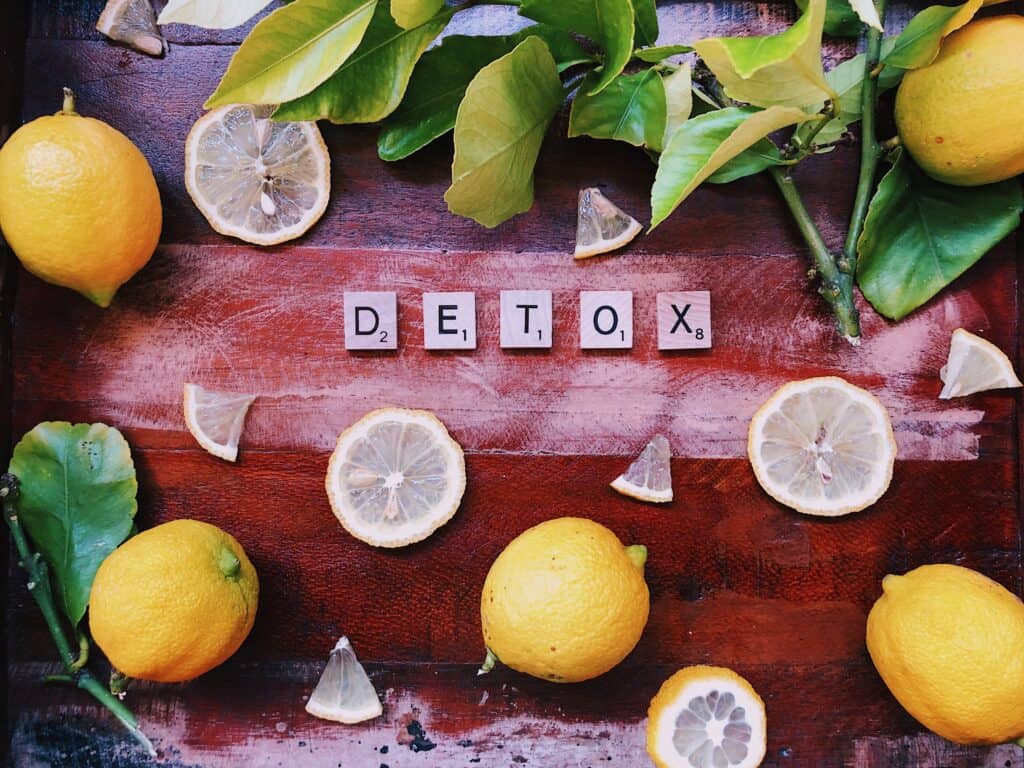Detox cleanses types have become increasingly popular in recent years as people seek to improve their overall health and well-being. These cleansing methods aim to flush toxins from the body, promoting a healthier lifestyle and potentially aiding weight loss. This comprehensive guide will explore various types of detox cleanses, exploring their benefits and limitations.
From juice cleanses that capitalize on the rise of cold-pressed juices to smoothies and soup-based diets focusing on liquid nutrition, we’ll examine the pros and cons of each approach. Furthermore, liver detox diets are often misunderstood; our analysis will debunk common myths while discussing key ingredients involved in these regimens.
We also cover colon cleanse methods, emphasizing evaluating their effectiveness and safety concerns. Lastly, tea-based detox programs, along with apple cider vinegar & lemon water detox solutions, will be discussed – highlighting both potential benefits as well as drawbacks associated with these practices.
Juice Cleanses
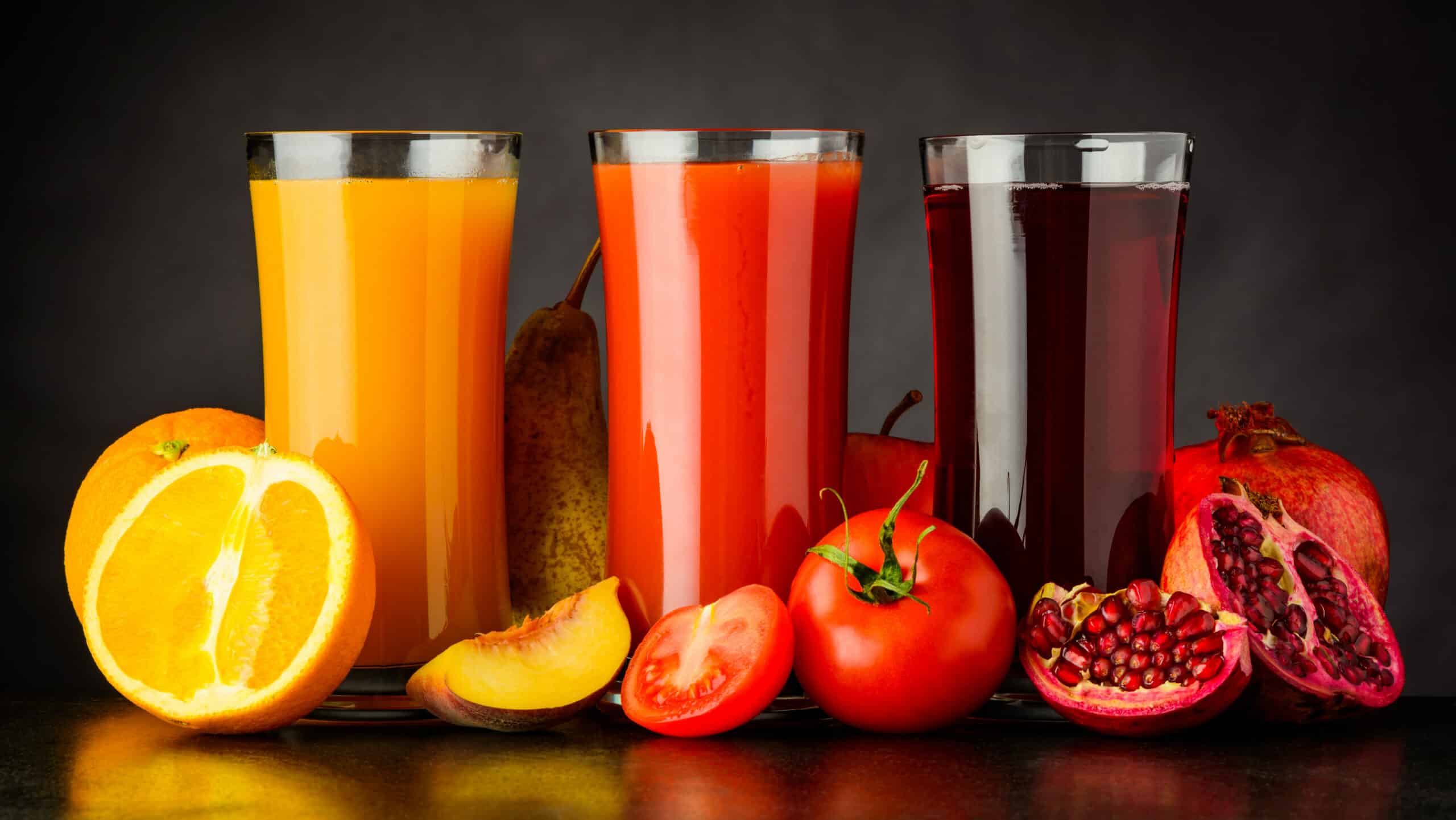
Juice cleanses have gained popularity, with companies like Pressed promoting cold-pressed juices as a way to detoxify the body. Though they may provide essential vitamins and minerals, juice-only diets are nutritionally inadequate due to their lack of protein, fiber, fat, and calories, in addition to being high on the glycemic index, which can lead to hunger and fatigue. They also rank high on the glycemic index, which can lead to hunger and fatigue.
The Rise in Popularity of Cold-Pressed Juices
Cold-pressed juices have become increasingly popular over recent years as more people look for ways to improve their well-being through detox diets. These juices are made by using hydraulic pressure to extract liquid from fruits and vegetables without generating heat or introducing air into the process. This method is believed to preserve more nutrients than traditional juicing methods that use centrifugal force or blending.
Many juice cleanse programs claims that consuming only fruit and vegetable juices for a set period (usually between 3-7 days) can help flush toxins from your system while providing essential nutrients needed for optimal health. Some even argue that these types of cleanses can aid weight loss efforts by reducing calorie intake during the cleansing period.
Nutritional Shortcomings of Juice-Only Diets
While it’s true that cold-pressed juices contain many vitamins and minerals found in whole fruits and vegetables, there are several key nutritional components missing from these beverages:
- Protein: Most fruit-based juices contain little-to-no protein – an essential macronutrient required for muscle growth, repair, immune function, and hormone production, among other vital functions within our bodies.
- Fiber: The juicing process removes most of the fiber found in whole fruits and vegetables, which is essential for maintaining a healthy digestive system and regulating blood sugar levels.
- Fat: Healthy fats are necessary for proper brain function, hormone production, skin health, and nutrient absorption. Juice cleanses typically lack these important dietary components.
- Calories: Although reducing calorie intake can lead to weight loss, consuming too few calories over an extended period may result in fatigue, muscle loss, or other negative side effects associated with malnutrition.
In addition to these nutritional shortcomings, juice-only diets rank high on the glycemic index due to their high sugar content from natural fruit sugars. This can cause rapid spikes in blood sugar levels followed by crashes that leave you feeling hungry and fatigued throughout the day – making it difficult to sustain this type of diet plan long-term without experiencing adverse effects on your overall well-being.
To maintain optimal health while attempting a detox cleanse or any other form of dietary modification aimed at removing toxins from your body, it’s crucial that you consume a balanced diet consisting of all essential nutrients needed for proper bodily function, including protein, fiber, healthy fats along with vitamins and minerals obtained through various food sources like fruits & vegetables as well as drinking water regularly each day.
Juice cleanses have grown in prominence lately, yet it is important to think about the dietary worth of such a plan before embarking on an all-juice diet. Moving on to Smoothie and Soup Cleanses, it is important to compare the benefits of both options when considering which type of detox cleanse may best suit your needs.
Smoothie and Soup Cleanses
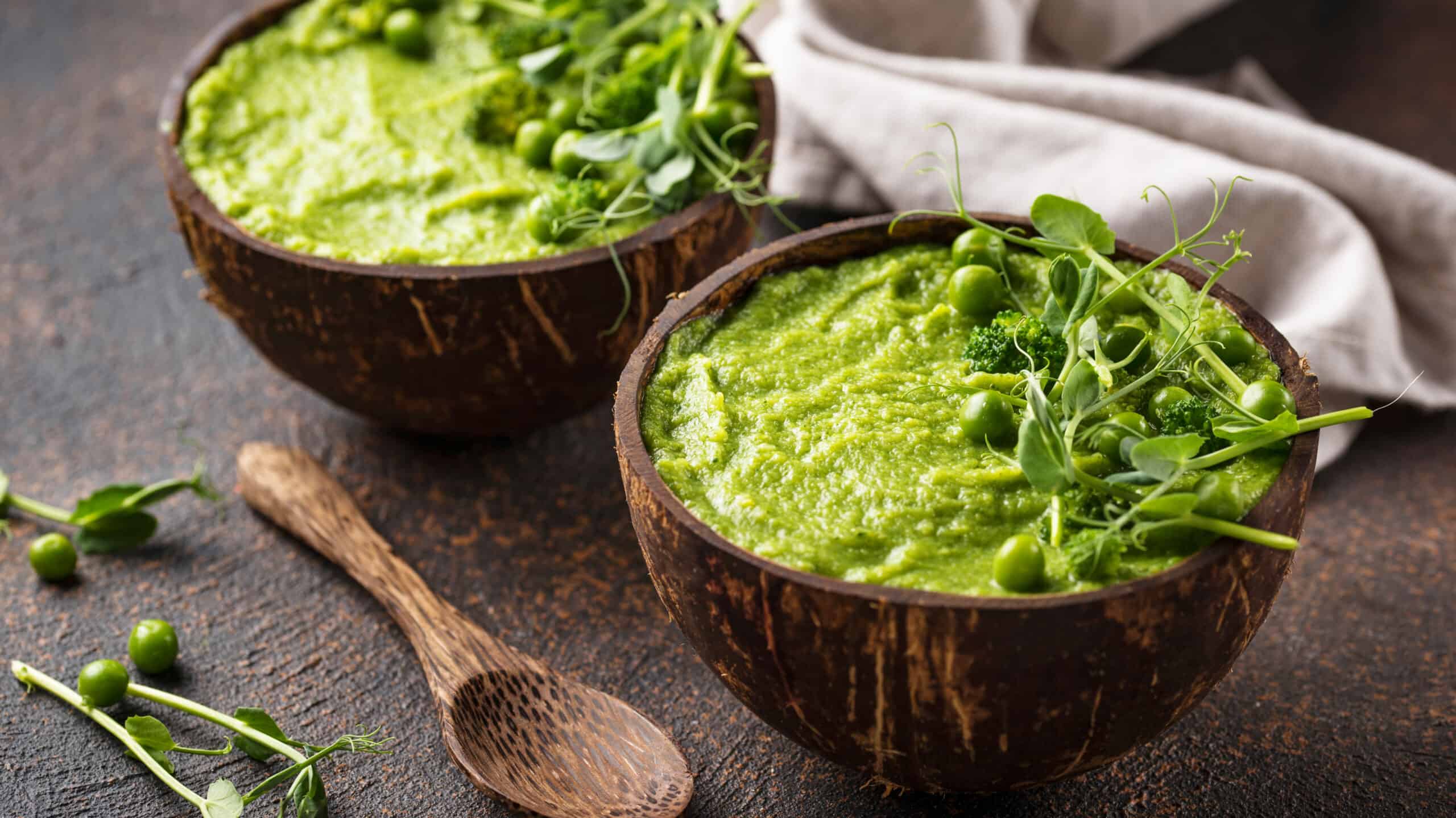
Smoothie or soup-based cleanses offer an alternative to juice cleanses by providing more nutrients such as proteins and fiber. While these types of cleanses might be healthier than juice-only options, they aren’t ideal for long-term health since they don’t provide all the necessary nutrients for optimal bodily function.
Comparing Smoothies vs Soups in Terms of Nutrition
Both smoothies and soups can be nutrient-dense options when made with whole, natural ingredients. However, there are some key differences between the two:
- Fiber Content: Smoothies often contain more fiber than soups due to their inclusion of fruits, vegetables, nuts, and seeds. Fiber is vital for digestive health and regularity and is necessary for muscle growth and maintenance.
- Protein sources: Soups typically have higher protein levels because they often include legumes or lean meats like chicken or turkey. Protein is crucial for muscle growth, repair, and overall body maintenance.
- Satiety factor: Both smoothies and soups can help you feel full longer due to their liquid consistency; however, soups may edge out smoothies in this department thanks to their generally lower sugar content.
The Limitations Associated with Liquid-Based Diet Plans
Liquid-based diet plans like a smoothie, or soup-based detox diets, come with several limitations that make them unsustainable over time:
- Lack of essential nutrients: A balanced diet should include carbohydrates (preferably from whole grains), fats (from healthy sources like avocados), vitamins & minerals (from various fruits & veggies), along with proteins. Liquid-based diets often lack some of these essential nutrients, leading to deficiencies and health issues over time.
- Unsustainable weight loss: While liquid-based diet plans may help you lose weight initially, they are not a long-term solution for maintaining a healthy body weight. Once the cleanse is completed, individuals often return to their prior dietary patterns and regain any lost weight.
- Hunger & fatigue: Due to their low-calorie content and potential nutrient deficiencies, liquid-based diets can lead to feelings of hunger and fatigue throughout the day. Sticking with liquid-based diets for a prolonged period can be challenging.
Soups and smoothies can be useful additions to a healthy eating regimen; however, depending on them exclusively for detoxification is not advisable. Instead, focus on incorporating whole foods that support your body’s natural detox processes, like leafy greens (for liver support), cruciferous vegetables (to aid digestion), and plenty of water (source).
Smoothie and soup cleanses can effectively reset your body, but it is important to consider the limitations of liquid-based diets. Next up, detoxing through liver diets is a common approach for those aiming to cleanse their body; however, some false beliefs related to these regimens require clarification.
Liver Detox Diets
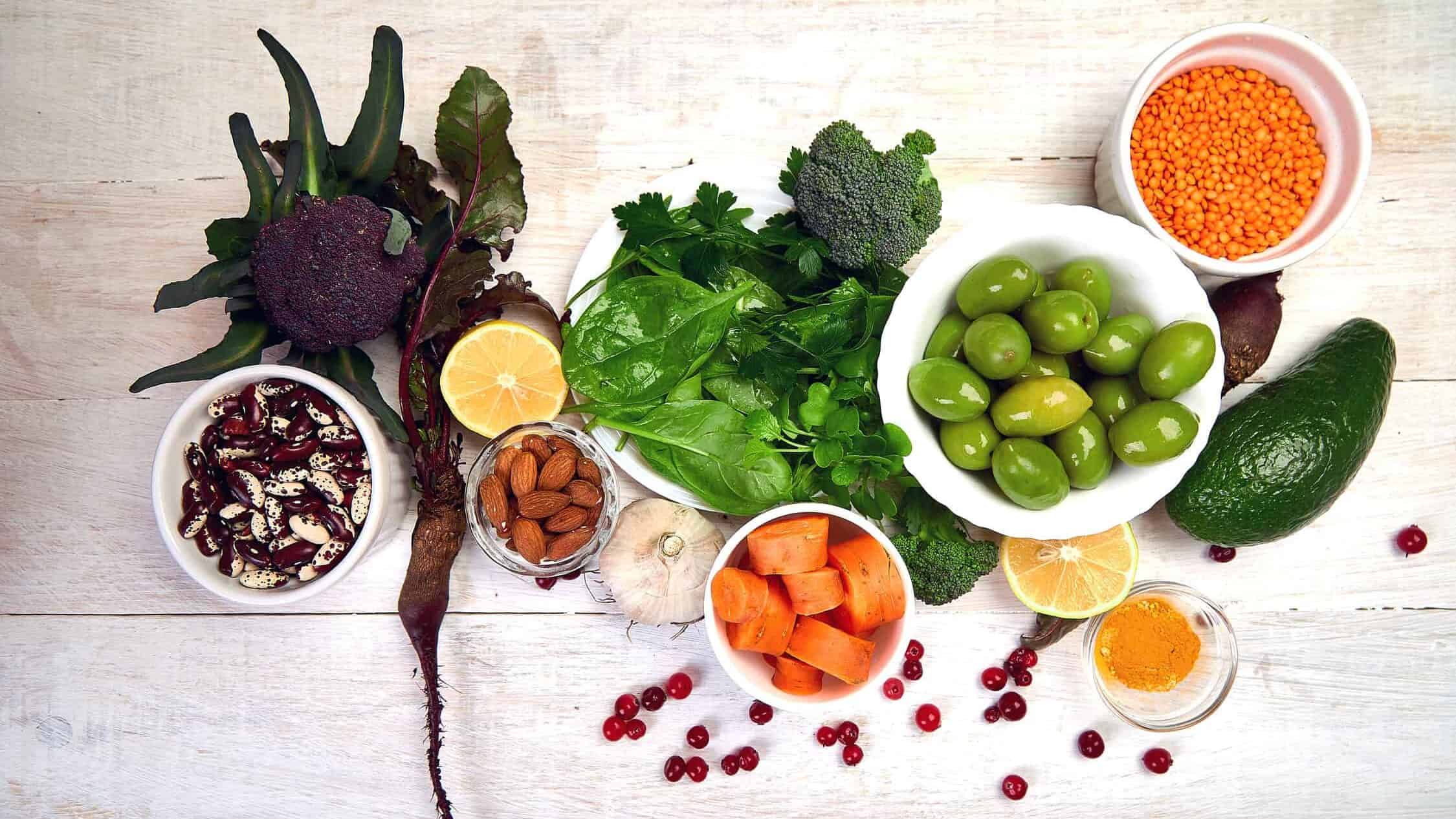
Liver detox diets claim that certain foods or supplements can help cleanse your liver of toxins; however, little scientific evidence supports these claims. It’s essential to remember that our bodies naturally detoxify themselves through organs like the liver without needing external assistance.
Common Ingredients Found in Liver Detox Diets
Many liver detox diets suggest incorporating specific ingredients into your daily routine to promote a healthier liver. Some of the most common items include:
- Milk thistle
- Turmeric
- Dandelion root tea
- Fruits and vegetables high in antioxidants (e.g., berries, leafy greens)
- Green tea
While some of these ingredients may have health benefits on their own, it’s important not to rely solely on them for cleansing purposes.
Debunking Myths About Liver Cleansing
The idea behind liver cleanses often stems from misconceptions about how the body processes and removes toxins. The truth is that our livers are already designed to handle this task effectively without any special diet or supplement intervention. Many “detoxifying” products may be detrimental, potentially leading to issues such as diarrhea or dehydration.
To support healthy liver function, focus instead on maintaining a balanced diet rich in whole foods and nutrients while avoiding excessive alcohol consumption and processed foods high in unhealthy fats or added sugars. Drinking water regularly also helps flush out toxins naturally from your system.
A balanced lifestyle of regular exercise and nutritious eating is key for optimal liver health. This approach will not only benefit your liver but also promote overall well-being.
In summary, while certain foods or supplements may be beneficial for general health, it’s important to remember that our bodies are already equipped with efficient detoxifying mechanisms without needing any external assistance.
Liver detox regimens can be a useful tool for boosting health, but it’s essential to consider the possible dangers and consult with a medical professional before commencing any sort of cleansing program. Colon cleansing techniques may provide an alternative for those wishing to boost their health, yet, it is essential to thoroughly investigate each approach before deciding if it is appropriate and secure for your individual situation.
Colon Cleanse Methods
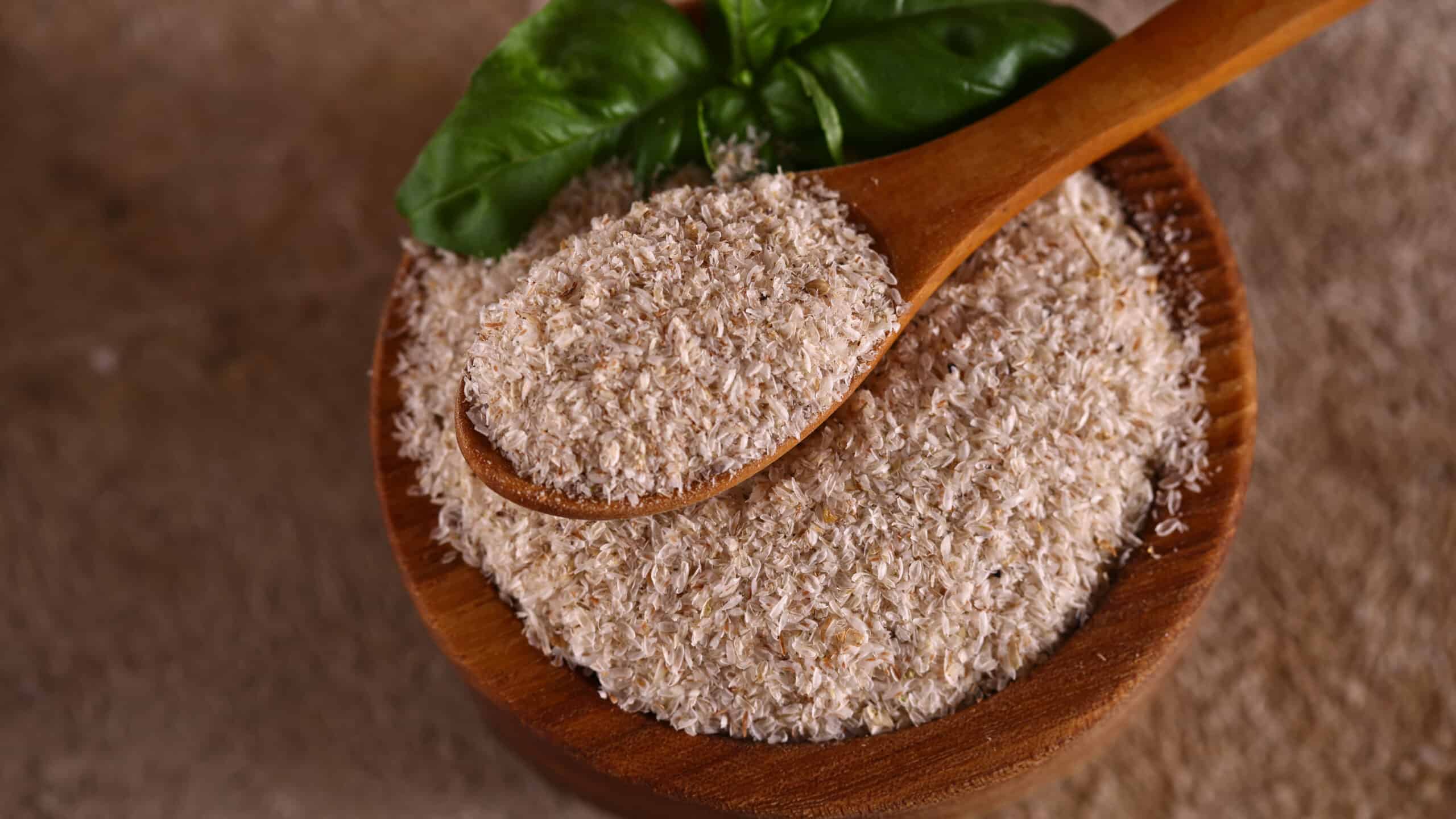
Colon cleanse methods often involve consuming specific food items or taking supplements designed to “cleanse” your colon from harmful substances. Despite their widespread use among those seeking better digestive health, research suggests that most colon-cleansing products do not naturally deliver significant benefits beyond what our bodies already achieve.
Types of Colon Cleanse Methods Available
- Fiber Supplements: These can help increase the bulk and softness of stools, making them easier to pass. Some popular fiber supplements include psyllium husk, flaxseed, and glucomannan.
- Laxatives: Laxatives are used to stimulate bowel movements by irritating the intestinal walls or drawing water into the intestines. Common laxatives include stimulants like senna and bisacodyl and osmotic types such as magnesium citrate or polyethylene glycol.
- Oxygen-based Cleansers: Oxygen cleansers claim to release oxygen in the digestive tract, which helps break down waste material for easier elimination. Examples of these products contain ingredients like magnesium oxide or potassium ozonide.
- Enemas & Colonic Irrigation: Enemas involve introducing liquid into the rectum through a tube while colonic irrigation uses a more extensive system with multiple tubes flushing large amounts of water through the entire colon. Both methods aim at removing built-up waste materials from inside your colon directly.
Evaluating Effectiveness & Safety Concerns Related To Colon Cleansing
The effectiveness of various colon cleansing methods remains controversial due to limited scientific evidence supporting their claims. In fact, some studies have found that certain approaches, like colonic irrigation, may even pose risks such as infection, dehydration, and electrolyte imbalances.
While some people might experience temporary relief from constipation or bloating after using colon cleansing products, these effects are often short-lived. Rather than turning to external cleansing methods, relying on the body’s natural detoxification processes through the liver and kidneys is preferable.
Rather than relying on potentially harmful colon cleanses to improve digestive health, it is recommended that individuals focus on maintaining a balanced diet rich in fiber, drinking plenty of water, engaging in regular physical activity, and managing stress levels. These lifestyle changes can promote optimal digestion while reducing the risk of side effects associated with invasive cleansing methods.
Colon cleansing is important to overall health and well-being, but it should be done carefully to ensure safety. Given the importance of safety in colon cleansing, let us explore how tea can be incorporated into a detoxification program to promote wellness.
Tea-Based Detox Programs
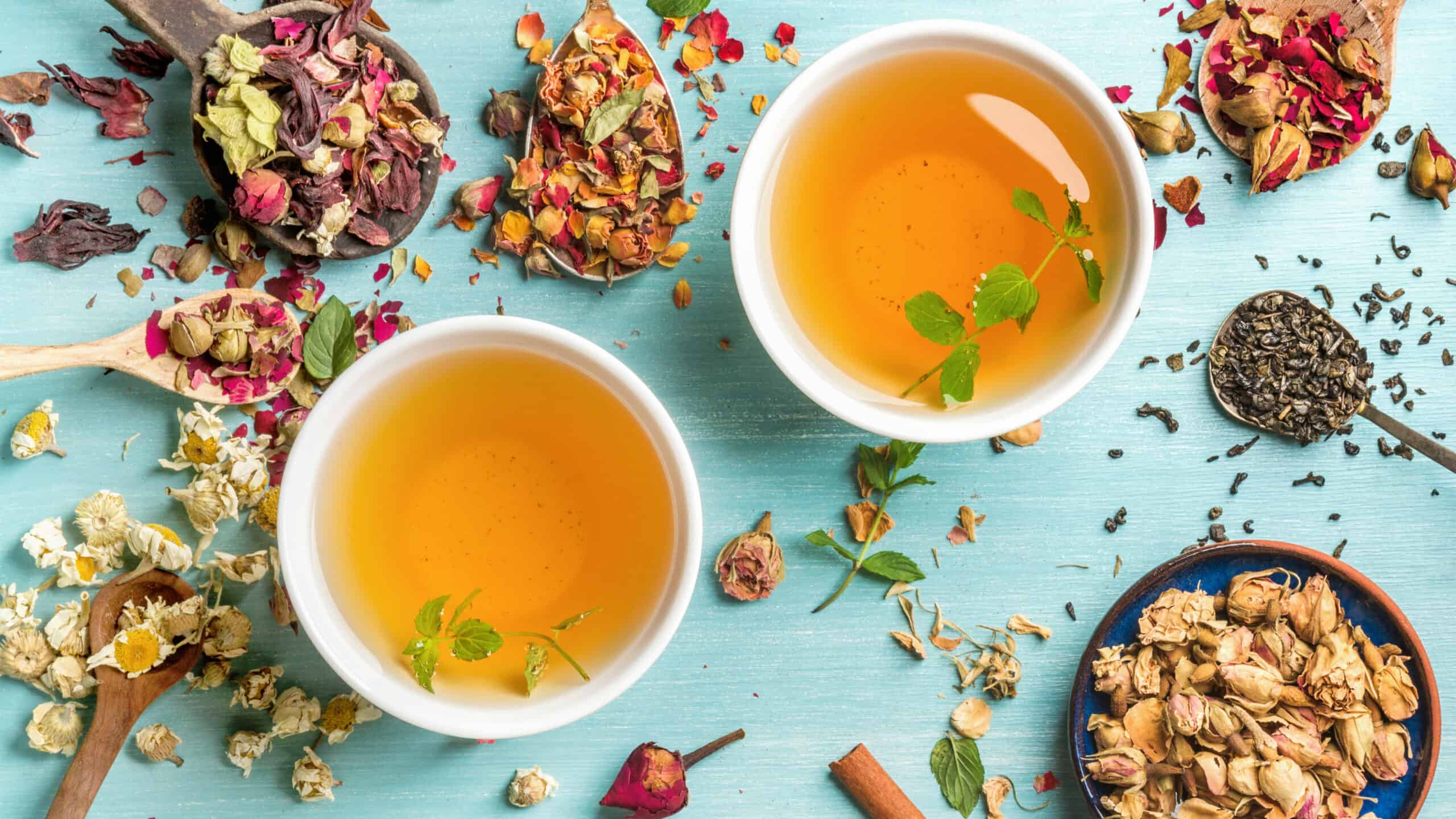
Tea-based detox programs have gained popularity in recent years due to their potential benefits for weight loss and overall health. These programs often involve consuming specific types of teas, such as green tea, which are believed to help flush toxins from the body and promote wellness. However, it’s essential to understand the limitations and drawbacks associated with relying solely on tea for detoxification.
The Role of Tea in Promoting Wellness
Many teas contain antioxidants, particularly green tea, which is rich in a type of antioxidant called catechins. Antioxidants may possibly offer protection to cells from the harm created by free radicals – molecules that can lead to long-term illnesses like cancer or cardiovascular disease. Additionally, some studies suggest that certain teas may aid digestion by promoting healthy gut bacteria growth and reducing inflammation within the digestive tract.
Besides its antioxidant properties, green tea has been linked to increased fat-burning and improved metabolism rates when consumed regularly alongside a balanced diet and exercise regimen. Consuming tea may be a desirable choice for those wishing to sustain a healthy lifestyle or drop pounds.
Limitations and Drawbacks of Tea-Based Cleanses
- Lack of Nutrients: While drinking tea can provide some health benefits, it does not supply all the necessary nutrients required for optimal bodily function. Relying solely on tea during a cleanse could lead to nutrient deficiencies if you’re not also maintaining a well-rounded diet.
- Potential Side Effects: Some teas contain caffeine or other stimulants that might cause side effects like jitters or insomnia when consumed excessively over time. It’s important always to follow the recommended intake guidelines for any tea-based detox program.
- Dehydration: Drinking large amounts of tea can lead to increased urination, which may result in dehydration if you’re not also consuming enough water. Ensure to stay hydrated during a tea cleanse by drinking plenty of water alongside your teas.
To achieve the best results from a tea cleanse, it is important to maintain a balanced diet and drink plenty of water in addition to consuming teas. To support your body’s natural cleansing processes effectively, maintain a well-rounded diet rich in fruits, vegetables, whole grains, lean proteins, and healthy fats while staying adequately hydrated with water throughout the day.
Detox regimens that include tea may be a useful jump-start to improving health, yet it is vital not to forget that they should not take the place of healthy dietary practices. Apple cider vinegar and lemon water are two popular ingredients used in many detox cleanses due to their potential benefits; however, proper hydration is also essential for overall well-being.
Apple Cider Vinegar & Lemon Water Detox
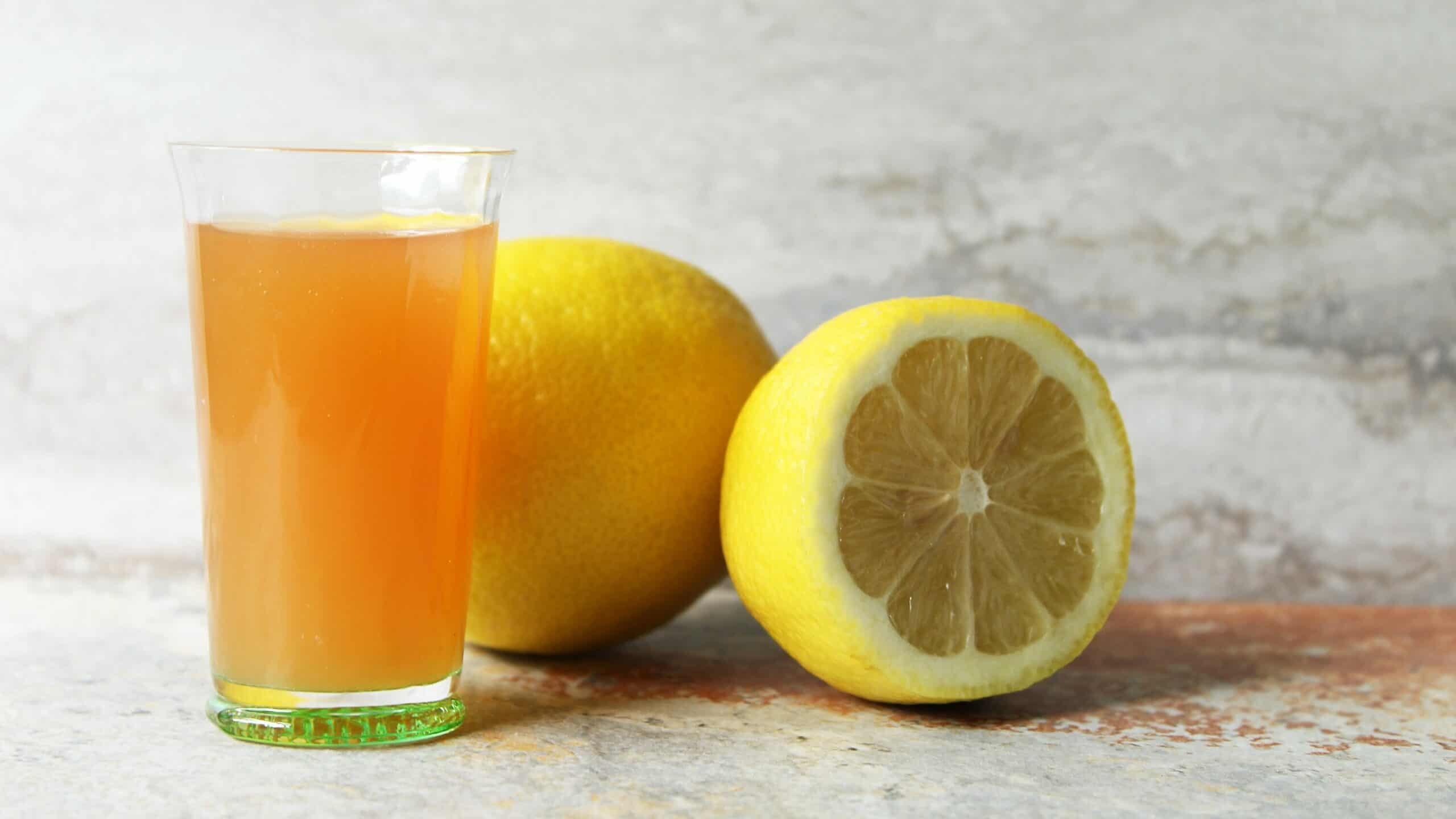
In recent years, many people have turned to apple cider vinegar and lemon water as natural remedies for detoxifying their bodies. While these beverages might offer certain health benefits, it’s important to understand their limitations and the role they play in supporting your body’s natural cleansing processes.
Potential Benefits and Limitations of Apple Cider Vinegar and Lemon Water
- Apple Cider Vinegar: Rich in acetic acid, apple cider vinegar is believed to help with weight loss by increasing satiety, improving digestion, and regulating blood sugar levels. However, the claims are not scientifically proven. Ingesting high amounts of undiluted apple cider vinegar can cause adverse effects, including erosion of tooth enamel and gastrointestinal problems.
- Lemon Water: Drinking lemon water has been associated with improved hydration levels due to its high vitamin C content. It may also aid digestion by stimulating the production of bile in the liver. However, relying solely on lemon water for detoxification purposes isn’t sufficient since it doesn’t address other essential aspects of a balanced diet like fiber intake or proper nutrition from various food sources.
The Importance of Proper Hydration for Overall Health
Maintaining adequate hydration is crucial for overall well-being since our bodies rely on water for numerous functions, such as flushing toxins through urine output or maintaining healthy skin elasticity. In fact, drinking water is the most effective way to support your body’s natural detoxification processes. Here are some tips for staying hydrated:
- Consume at least eight 8-ounce glasses of water daily, or more, depending on individual needs and activity levels.
- In addition to water, consider incorporating hydrating beverages like herbal teas or coconut water in moderation while avoiding sugary drinks.
- Include produce with high water content, such as cucumbers, melons, oranges, and greens in your meals.
Incorporating apple cider vinegar or lemon water into your daily routine may provide certain health benefits; however, it’s essential not to rely solely on these remedies for detoxification purposes. Instead, focus on maintaining proper hydration through drinking water while consuming a balanced diet rich in whole foods that naturally support your body’s ability to remove toxins effectively.
Frequently Asked Questions Detox Cleanses Types
What are the different types of detoxification?
Several types of detoxification methods include juice cleanses, smoothie and soup cleanses, liver detox diets, colon cleanse methods, tea-based detox programs, and apple cider vinegar & lemon water detox. Each method focuses on eliminating toxins from specific organs or systems in the body to improve overall health.
What are the 5 major detox pathways?
The five major detox pathways include the liver (processing toxins), kidneys (filtering blood), skin (sweating out impurities), lungs (expelling airborne pollutants), and intestines (eliminating waste). These organs work together to remove harmful substances from our bodies and maintain optimal health.
What are the 3 methods of detoxification?
The three main methods of the body’s natural process for neutralizing or eliminating toxins involve Phase I enzymes converting toxic chemicals into less harmful ones; Phase II conjugation reactions binding these chemicals with molecules like glutathione for easier excretion; and elimination through urine, feces, or sweat via kidneys, colon or skin respectively.
What is the difference between a cleanse and detox?
A cleanse typically refers to a short-term dietary intervention designed to eliminate waste buildup in your digestive system. Detox generally implies a broader approach aimed at removing environmental toxins from your entire body by supporting its natural processes such as liver function.
Conclusion
Various detox cleanses exist to help eliminate toxins from the body and enhance overall health. Juice cleanses, smoothie and soup cleanses, liver detox diets, colon cleanse methods, tea-based detox programs, and apple cider vinegar & lemon water detox all have their own unique benefits and limitations. Before committing to a detox cleanse, it is important to carefully weigh the benefits and limitations of each method.
